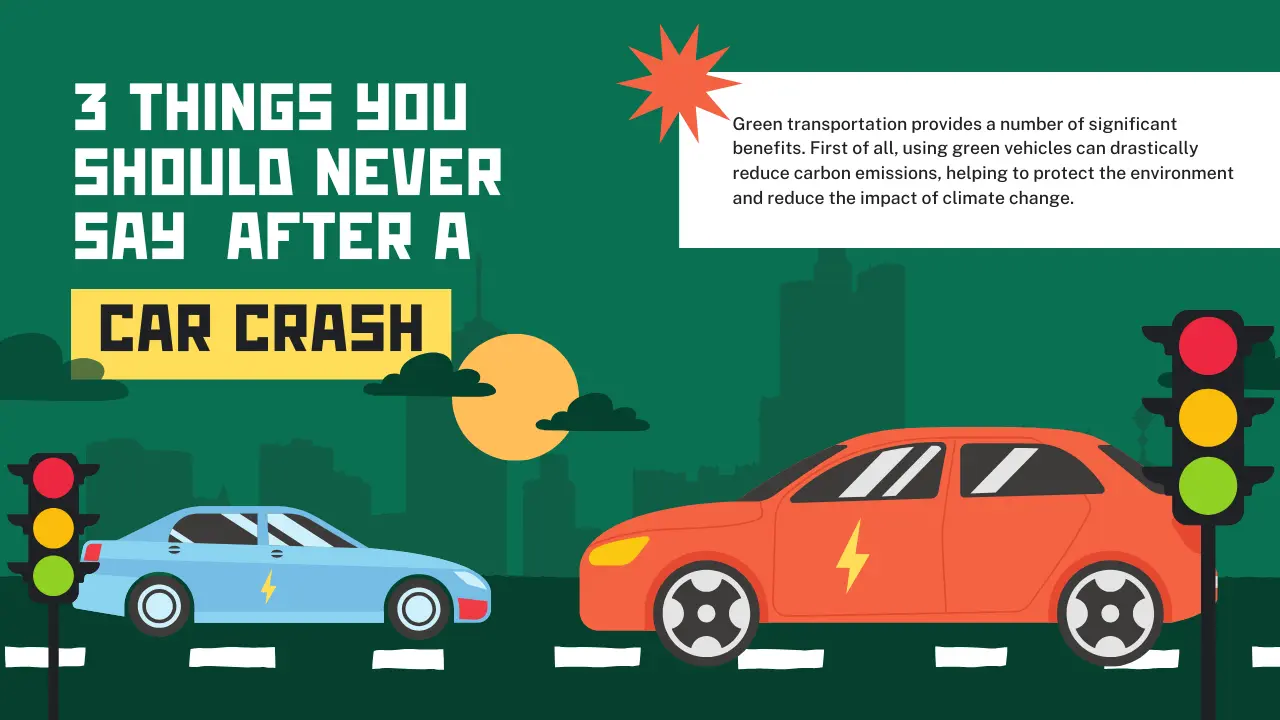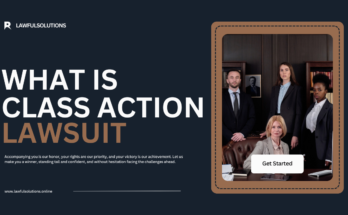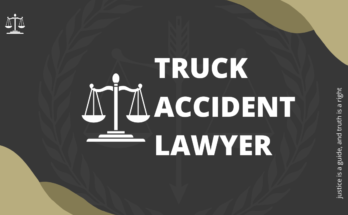3 Things You Should Never Say After a Car Crash: Car accidents can be extremely stressful and overwhelming. In the immediate aftermath, adrenaline is pumping and emotions can cloud your judgment. What you say in these moments can have serious legal, financial, and even medical consequences. While it’s important to remain calm and polite, there are some things you should never say after a car accident. Here, we’ll look at three key things to avoid and why they’re important so you can protect yourself legally and financially during this difficult time.
Why Words Matter After a Car Accident
Before we discuss the specific phrases you should avoid, it’s important to understand why words matter so much after a car accident. What you say can be used against you in a number of ways:
- Insurance Companies: Insurance adjusters are trained to find ways to reduce their company’s settlements. Saying something that suggests fault or minimizes your injuries can significantly reduce the compensation you receive.
- Legal Issues: Your words can be used as evidence in court. Even a seemingly harmless apology can be interpreted as an admission of guilt and can affect the outcome of a legal dispute.
- Health and Safety: Minimizing your injuries or feeling pressured to explain the situation right away can prevent you from getting the medical care you need, which can have long-term consequences for your health.
With that in mind, here are the three things you should definitely not say after a car accident.
1. “I’m sorry” – to apologize or admit guilt
One of the most common human reactions after an accident is to apologize, even if you were not at fault. It may be instinctive, but in the context of a car accident, it can be detrimental to your case.
Why apologizing is harmful:
- Perceived admission of guilt: Even if you were not at fault for the accident, an apology could be perceived as an admission of guilt. Insurance companies and legal teams can use this against you to argue that you bear some or all of the responsibility for the accident.
- Legal implications: An apology is a statement that can be used in court as a sign that you have accepted blame. While you may think you are simply being polite or expressing concern for the other party, this statement can hurt your chances of winning a lawsuit.
- Unclear question of culpability: In many accidents, the question of culpability cannot be clearly clarified. It may take some time to clarify the circumstances of the accident, and apologizing too soon can make it seem as if the fault lies solely with you, even though it may have belonged to or been shared with the other driver.
What to do instead:
Instead of apologizing, focus on gathering information. Exchange insurance information and contact details, and make sure everyone is safe. Acknowledge that the accident happened without admitting your fault. Statements like “Is everything OK?” or “Let’s exchange information” are neutral and help avoid taking responsibility right away.
2. “I’m OK” – Minimize your injuries
In the chaos of a car accident, many people say they are “fine” or “injury-free” without fully understanding the extent of their injuries. This is especially common when someone is in shock or has high adrenaline levels, which can mask the symptoms of an injury. Saying everything is OK too soon can lead to several problems.
Why minimizing injuries is dangerous:
- Delayed symptoms: Some injuries, such as a car accident, can cause symptoms to worsen. Some people with injuries that are more serious than normal, such as whiplash, concussion, or internal injuries, may not experience symptoms immediately after the accident. By pretending you’re “fine,” you risk minimizing injuries that may worsen over time or become more obvious later.
- Medical documentation: For insurance purposes, it’s essential to document all injuries, even those that seem minor at first glance. If you claim you weren’t injured and later seek medical attention, the insurance company may claim your injuries weren’t related to the accident, which could result in your claim being denied or your compensation being reduced.
- Insurance claims: Insurance companies may use your initial billing statements as evidence. Saying you weren’t injured can be used to deny coverage for further medical treatment. They can claim your injuries occurred after the accident and aren’t related to the accident.
What to do instead:
Even if you’re fine after the accident, it’s important to avoid making any strong statements about your health. Simply say, “I’m not sure yet” or “I need to see a doctor.” Always seek medical attention as soon as possible after a car accident to evaluate any injuries. Let professionals determine the extent of your injuries rather than immediately assuming you’re fine.
3. “It was my fault” – taking responsibility for the accident
Another common mistake is admitting fault, either directly or indirectly. Even if you believe you were partly responsible for the accident, admitting guilt can have significant consequences. Sometimes the situation is more complex than it seems, and determining fault may require a full investigation.
Why accepting responsibility hurts your case:
- Legal and financial consequences: In many places, fault is determined based on evidence collected by police, insurance companies or legal teams. If you admit fault on the spot, you risk prematurely taking responsibility for something that is not entirely your responsibility.
- Shared responsibility: Accidents are often caused by multiple factors, such as weather conditions, other drivers, or even road hazards. If you take full responsibility, you risk ignoring other critical elements that contributed to the accident. Let the authorities and your insurance company determine fault through an investigation.
- Impact on insurance claims: If you say you were at fault for the accident, your insurance premiums may increase and you could be held liable for damages, even if the other driver is partly at fault.
What you should do instead:
After a car accident, it’s best to let the facts speak for themselves. Provide only factual information, such as your name, insurance information, and driver’s license. Avoid discussing the cause of the accident and never speculate or make assumptions about what happened. The police report, insurance adjusters, and any legal investigation will ultimately determine who is at fault.
Bottom line: Protect yourself after a car accident
After a car accident, emotions run high, and it can be tempting to say things that seem natural, like apologizing or downplaying the severity of the situation. However, the words you choose can have long-term consequences. By avoiding statements like “I’m sorry,” “I’m fine,” and “It was my fault,” you can protect yourself legally and financially. Always focus on staying calm, gathering information, and seeking medical attention. Leave fault determination and insurance claims to the professionals.
Accidents are hard enough to deal with, so don’t make them worse by saying something that could later come back to haunt you. By following these three tips, you can handle the aftermath of a car accident as smoothly as possible.



